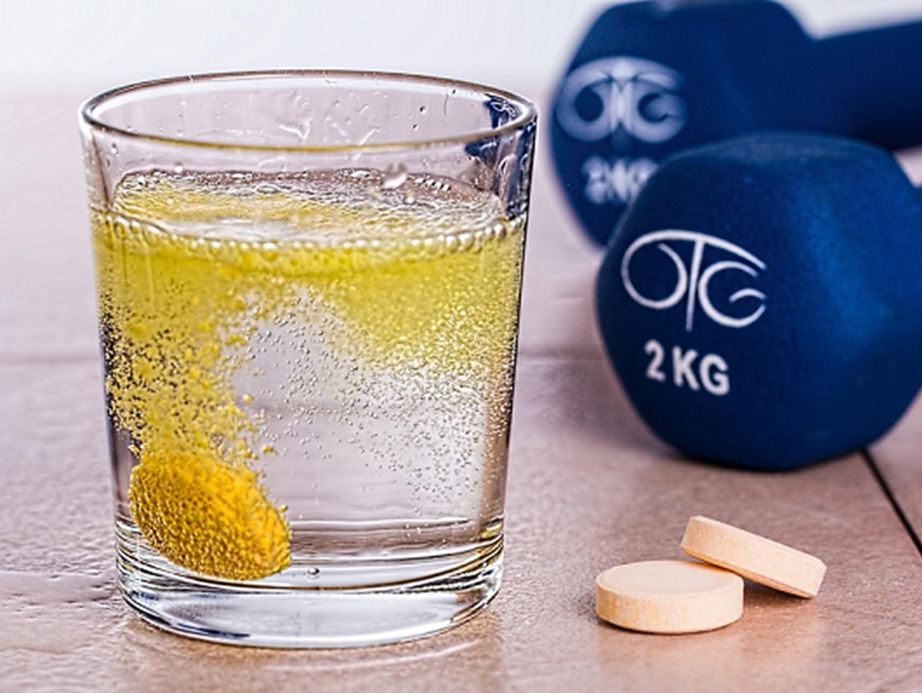- Home/
-
About Us/
-
Doctors and Services/
-
Ward and Services/
-
News/
“Sub-health” is a well-known concept, yet its potential risks have not been fully recognized or assessed by the general public. According to a report by the Wen Wei Po, only 15% of the population in China is in a healthy state, while approximately 70% are in a sub-health state. Data from the medical journal The Lancet in 2023 shows that the global proportion of people in a sub-health state has reached as high as 82.8%.
Sub-health has long been recognized as the pre-disease state for most chronic non-communicable diseases. If left unaddressed for an extended period, it can easily progress into full-blown disease, ultimately causing irreversible harm to the body. Therefore, everyone should actively prioritize and proactively address any existing chronic conditions or sub-health states.
However, due to the fact that sub-health does not meet the clinical or subclinical diagnostic criteria for diseases in modern medicine, most hospitals currently lack ideal targeted treatment or adjustment methods for sub-health conditions. Some adopt a passive medical model centered on disease treatment, which is ineffective in addressing sub-health issues and is also unsustainable. Most medical professionals merely urge individuals in sub-health conditions to adjust their lifestyle habits and improve their diet, but there are no suitable therapies to effectively help this population overcome their sub-health status.

Foresea Yihe International Medical Center has developed an “immune adsorption therapy” for sub-health populations based on cutting-edge medical research and an understanding of patients' practical challenges. This therapy does not rely on drug treatment but instead removes harmful substances such as inflammatory factors by filtering blood outside the body, thereby intervening in the progression of chronic diseases. According to the introduction, this therapy can target and remove inflammatory factors and endotoxins from the patient's blood, maintain immune balance and homeostasis of the blood environment, reduce blood viscosity, improve blood flow dynamics, and reestablish the body's self-regulatory management platform.
Compared to other therapies, immune adsorption therapy can identify specific pathogenic factors and, in combination with anti-DNA, anti-nuclear antibodies, and their immune complexes, remove them, ensuring more precise treatment targets and guaranteed treatment outcomes. Additionally, it does not rely on medications, eliminating concerns about side effects on organs such as the liver and kidneys. While rapidly adsorbing and removing harmful pathogenic factors, it also improves and slows disease progression from the inside out, making it particularly suitable for sub-healthy individuals and patients with chronic conditions such as “three highs” (high blood pressure, high blood sugar, and high cholesterol).
It is reported that Foresea Yihe International Medical Center, as a high-level comprehensive medical service platform specially established by Foresea Life Insurance Guangzhou General Hospital, adheres to the concept of providing patients with a “warm and high-quality medical experience.” It offers patients one-stop health management and general medical services that integrate professional customized high-end physical examinations, full-cycle diagnosis and treatment, and comprehensive health management.